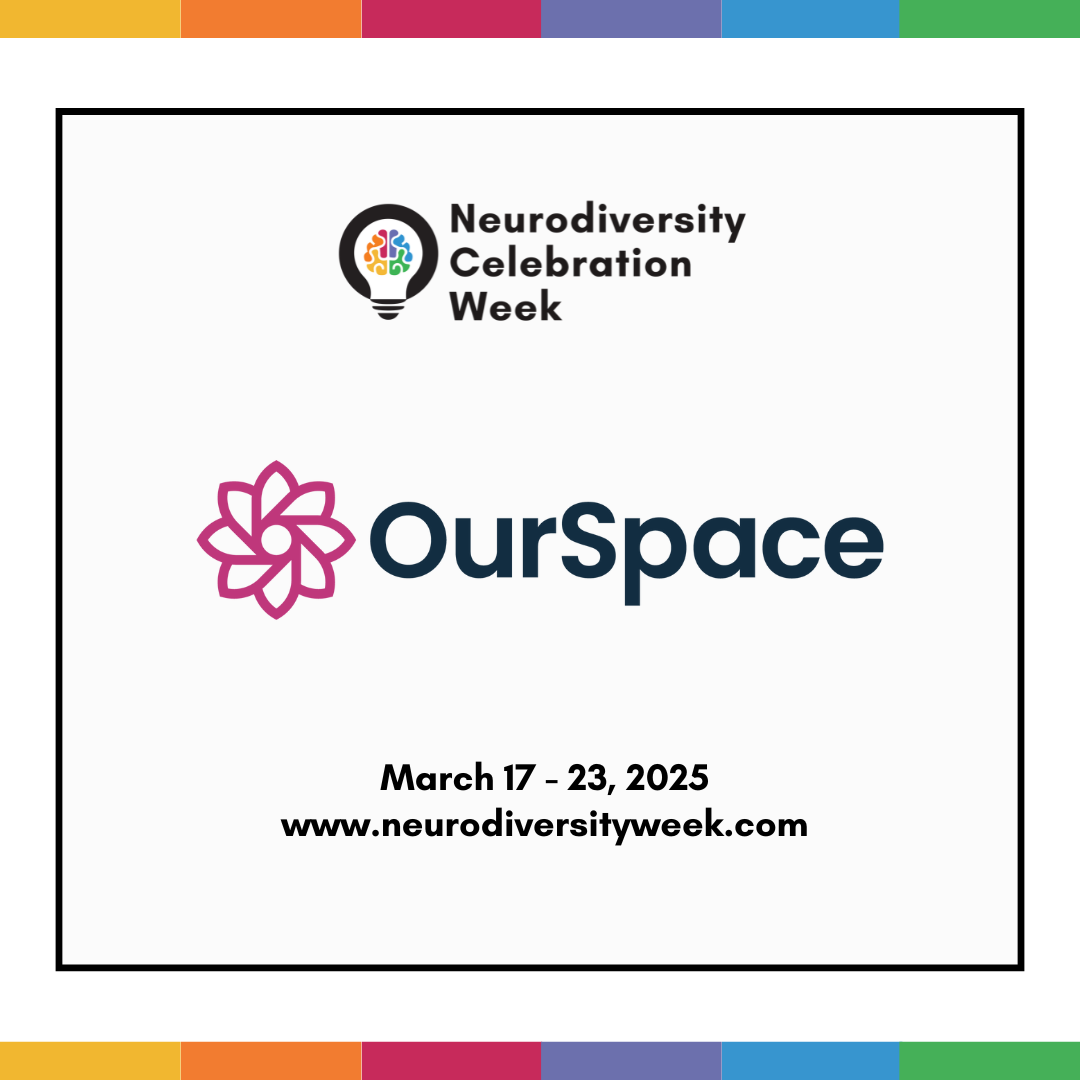What makes Spaces and Places Neuroinclusive in Education?
In spite of a long term focus on study and workspaces in education to be physically accessible there is a lack of focus on neuroinclusive spaces. One of the 4 key findings of the DSUK research on the Doctoral Student experience published in 2024 which noted the challenge for neurodivergent students in accessing open plan workspaces as well as some study spaces due to issues with lighting, acoustics, electronic noise, patterns of furniture and flooring to give a few examples.
